When a man's knowledge is not in order, the more of it he has the greater will be his confusion
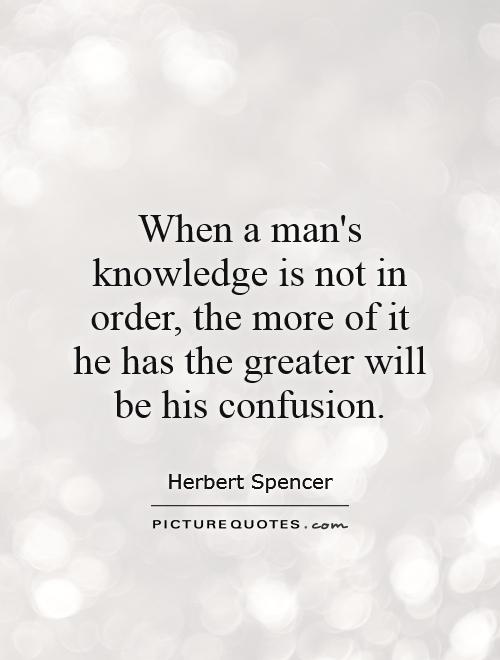
When a man's knowledge is not in order, the more of it he has the greater will be his confusion
Herbert Spencer, a prominent philosopher and sociologist of the 19th century, is often credited with coining the phrase, "When a man's knowledge is not in order, the more of it he has the greater will be his confusion." This statement speaks to the idea that having a vast amount of knowledge is not necessarily beneficial if it is not organized and structured in a coherent manner.Spencer believed that knowledge should be organized and categorized in a systematic way in order to be truly useful. He argued that without a clear framework for understanding and interpreting information, individuals would struggle to make sense of the world around them. In essence, he believed that knowledge without order is like a jumbled puzzle with missing pieces - it is difficult to see the full picture and make meaningful connections.
Spencer's philosophy can be applied to various aspects of life, including education, science, and personal development. In the realm of education, for example, students may be overwhelmed by the sheer volume of information they are expected to learn. Without a structured approach to organizing and synthesizing this knowledge, they may struggle to retain and apply it effectively.
Similarly, in the field of science, researchers must carefully organize and analyze data in order to draw meaningful conclusions. Without a clear methodology and framework for interpreting results, scientific inquiry can quickly devolve into confusion and uncertainty.
On a personal level, individuals may find themselves inundated with information from various sources, such as books, articles, and social media. Without a coherent system for processing and integrating this knowledge, they may feel overwhelmed and unsure of how to navigate the complexities of the modern world.
Overall, Spencer's insight into the importance of organizing knowledge serves as a valuable reminder that quantity does not always equate to quality. In order to truly benefit from the wealth of information available to us, we must strive to create order and structure in our understanding of the world. Only then can we hope to make sense of the vast and complex web of knowledge that surrounds us.

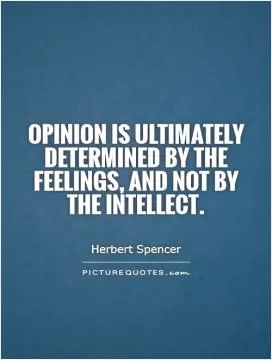


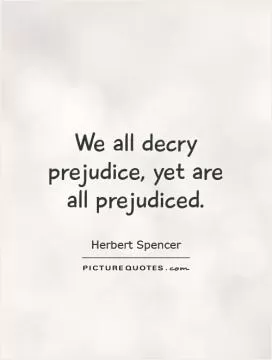
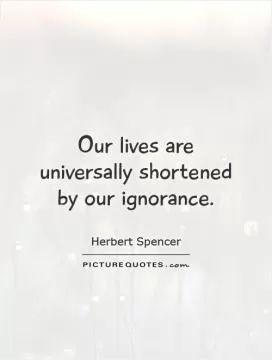
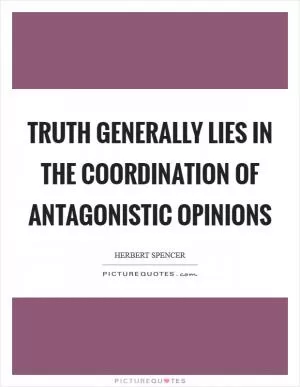




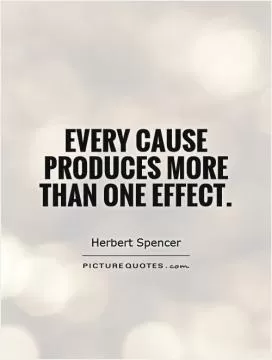
 Friendship Quotes
Friendship Quotes Love Quotes
Love Quotes Life Quotes
Life Quotes Funny Quotes
Funny Quotes Motivational Quotes
Motivational Quotes Inspirational Quotes
Inspirational Quotes